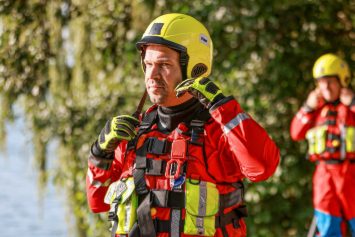Over the past two weeks, Canada has suffered several devastating barn fires that resulted in massive loss of animal life and millions of dollars’ worth of property damage. Two separate fires claimed the lives of 56 horses, another killed around 500 goats and 30 cattle, while yet another killed approximately 2,000 pigs. These recent fires had no civilian deaths. In response to these tragedies, National Fire Protection Association (NFPA) is introducing a new barn fire safety checklist as a resource to prevent more events like these. In addition, NFPA offers a collection of rural fire safety tips and NFPA 150, Standard on Fire and Life Safety in Animal Housing Facilities.
“Unfortunately, barn fires result in major losses each year,” says Lorraine Carli, vice president of Outreach and Advocacy for NFPA. “When fire breaks out on the farm, people, animals, and property are in danger. It is critical for everyone who uses the barn to keep safety in the forefront to prevent fires.”
In at least some of these instances, the barns were not equipped with sprinklers. Sprinklers are not required in every sort of animal housing facility, owing to the unique needs of different species of animals.
Carli noted, “While it’s impossible to say whether or not sprinklers would have prevented such massive losses, it’s reasonable to assume sprinklers would have slowed the fires, giving fire services more time to quench the flames and allowing more animals to escape to safety.”
Some of the tips listed on NFPA’s barn safety checklist include:
· Make sure electrical equipment is kept clean and free of damage
· Secure heaters to prevent them from falling over
· Store oily rags in a closed, metal container away from the heat
· Install and maintain fire extinguishers, smoke alarms, fire sprinklers and carbon monoxide detectors
· Ensure that everyone who uses barns participates in barn fire drills
Using the NFPA barn safety checklist, inspect your outbuildings for fire hazards and to reduce the risk of tragic loss. If you have safety concerns unique to your farm, talk with your local fire department.










